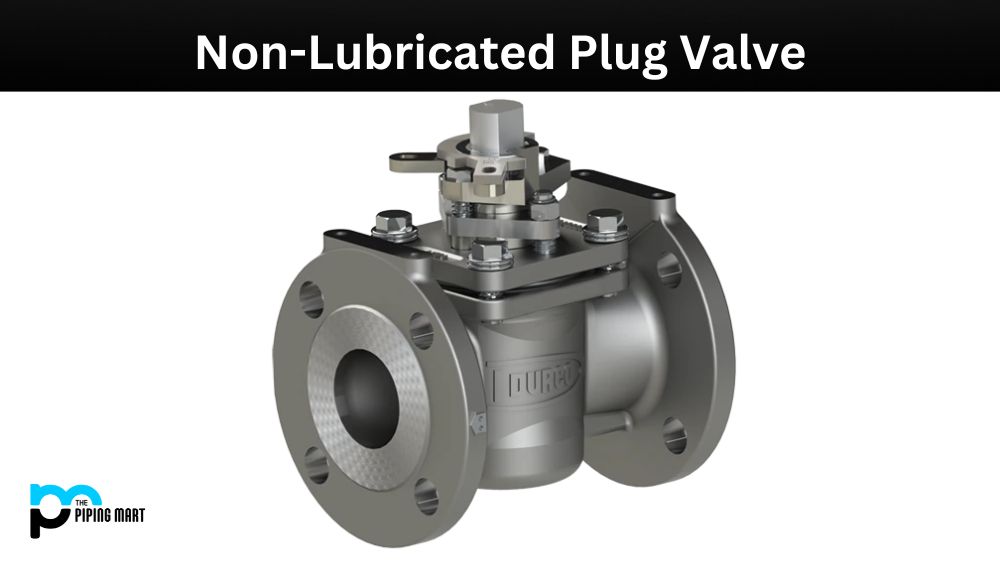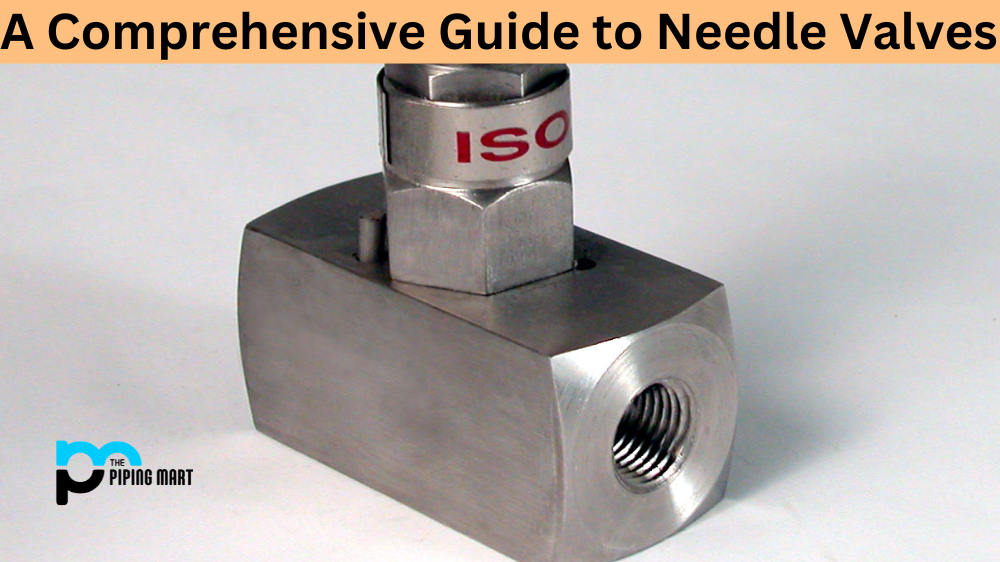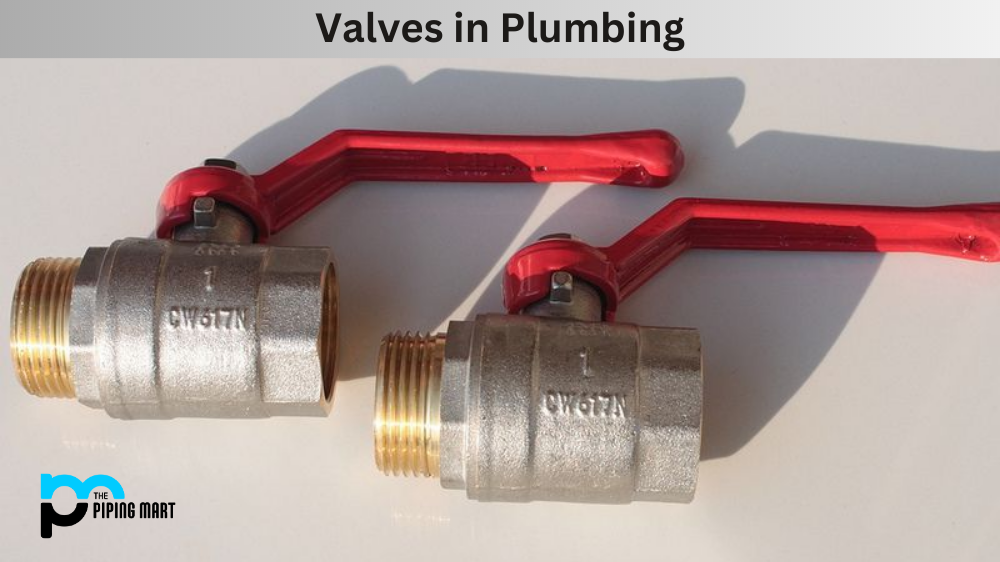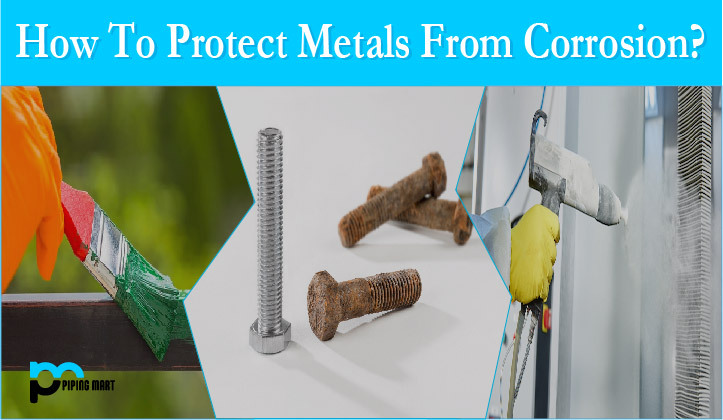Lubricated Plug Valves are increasingly common in various industrial processes today. They offer numerous benefits over traditional lubricated valve designs. However, they also have disadvantages that must be considered before deciding to invest in them. In this blog post, we will explore the advantages and disadvantages of Non Lubricated Plug Valves to help you decide whether they are right for your facility.
Advantages of Non-Lubricated Plug Valve
Zero Lubrication: Non-lubricated Plug Valves are considered a highly convenient, cost-effective choice because they do not require lubrication. Regular lubrication requires regular maintenance, increases costs, and reduces downtime. As a result, Non Lubricated Plug Valves enable industries to focus on other important production tasks.
Ease of Maintenance: Since non-lubricated valves don’t have any lubrication, it makes them much easier to maintain. Because the valve doesn’t need lubrication, the components that usually require lubrication are not part of the manufacturing process, making it easier to replace the components when required.
No Contamination: Lubricants are well-known for their tendency to pick up debris and dust particles, contributing to valve blockage. On the other hand, a non-lubricated valve does not require any lubricants, which means it is less susceptible to blockages, leaks, and corrosion.
Disadvantages of Non-Lubricated Plug Valve
Reduced Lifespan: Because Non-Lubricated Plug Valves do not require lubrication, their lifespan is typically shorter than that of lubricated valves. Sometimes, they typically see wear and tear within a year of installation.
Noisy Operation: The lubricated Plug Valve’s design features might introduce increased sound around the valve, impacting a workplace’s overall noise levels.
Consistency of Tight Sealing: Non-lubricated plug Valves can feature sealing face tightness requirements that differ from industry standards, which can mean that achieving proper sealing may be an issue.
Conclusion:
Non-lubricated plug valves can be especially beneficial for industries with complex processes. Its low maintenance requirement and fewer contaminants make it ideal, especially in chemical, gas or oil services where high pressures and absolute tightness are paramount. However, because of their reduced lifespan, noise operation, and variability in tight sealing, it’s not equally ideal for all services. Thus, when considering whether to invest in a Non-Lubricated Plug Valve, it’s important to weigh the pros and cons while keeping your industry’s unique needs in mind.

A passionate metal industry expert and blogger. With over 5 years of experience in the field, Palak brings a wealth of knowledge and insight to her writing. Whether discussing the latest trends in the metal industry or sharing tips, she is dedicated to helping others succeed in the metal industry.




